EV at a Glace
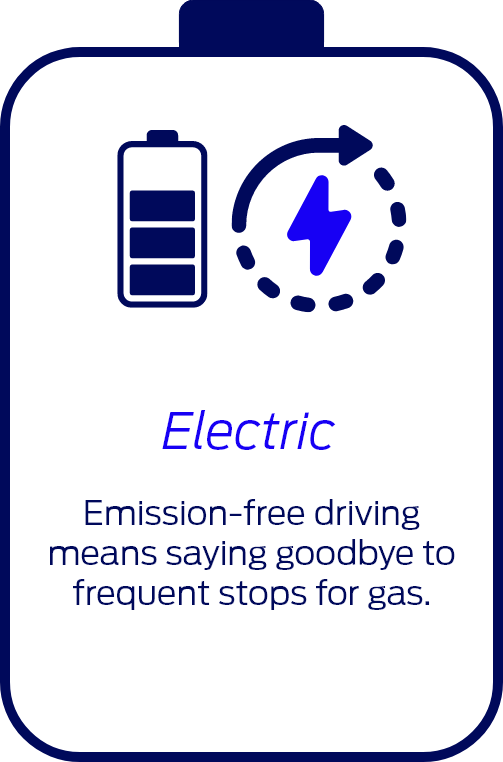
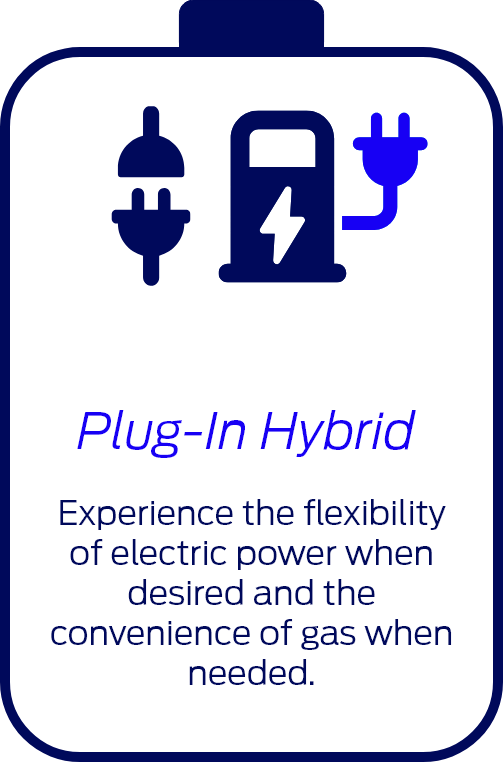
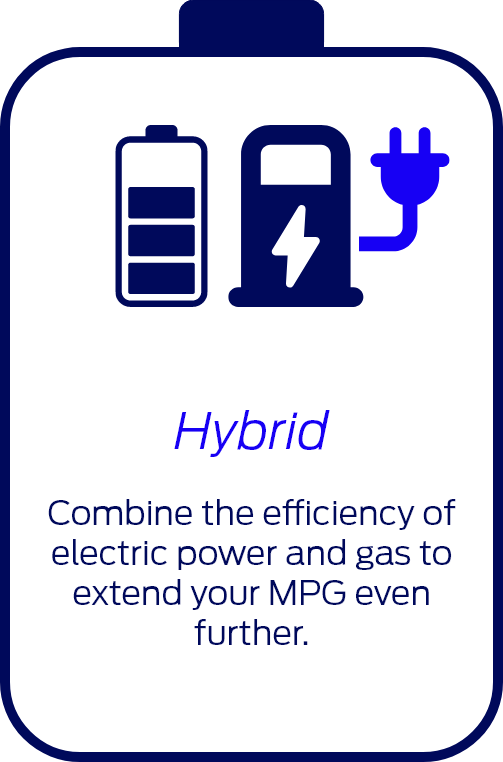
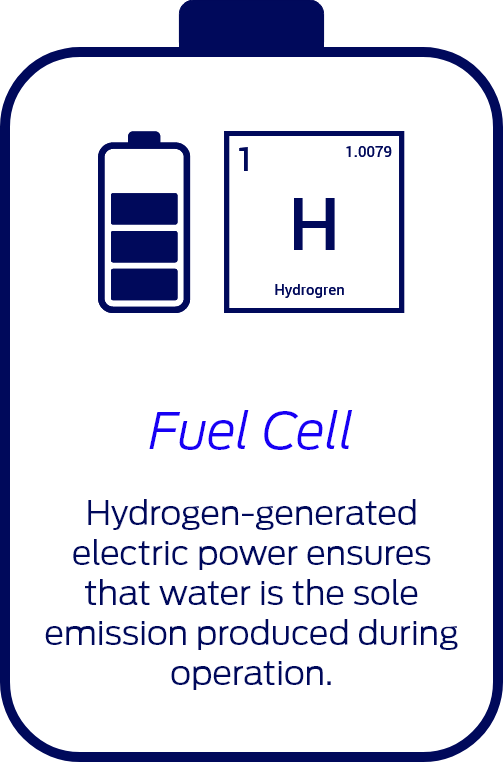
EVerything about EVs
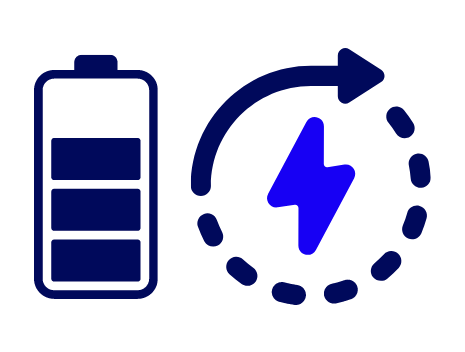
Electric
An electric vehicle (EV) is equipped with a sizable battery and a powerful electric motor, enabling it to achieve impressive range and performance, all without relying on a traditional gas tank or engine. By transitioning to fully electric vehicles, we can significantly reduce CO2 emissions and minimize our environmental footprint. Notably, these electric cars produce zero tailpipe emissions, making them an eco-friendly choice for a cleaner and greener future.
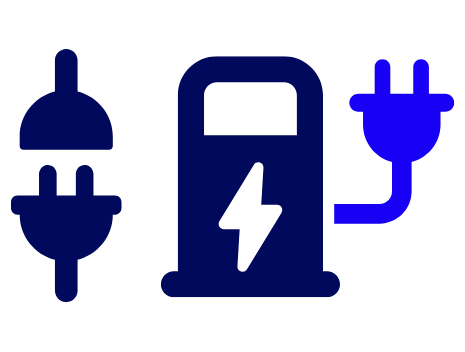
Plug In Hybrid
A plug-in hybrid vehicle (PHEV) is a hybrid car that runs on gasoline but comes equipped with a significantly larger battery, which can be recharged using an external power source. When the battery is fully charged, the PHEV functions similarly to an electric car, relying solely on electric power until the battery depletes. At that point, the internal combustion engine comes into play. Additionally, the PHEV employs regenerative braking technology, which helps conserve fuel by harnessing energy during braking and converting it back to electricity to charge the battery.
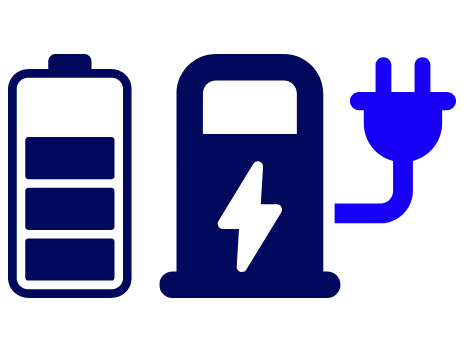
Hybrid
A hybrid vehicle operates on gasoline as its primary fuel source, yet it incorporates electric motors that work in conjunction with the gasoline engine to enhance fuel efficiency. Through this collaboration, hybrids can save fuel by utilizing the electric motors when appropriate. Furthermore, regenerative braking technology is employed to capture and store energy during braking, subsequently using it to aid acceleration when the vehicle comes to a complete stop, further optimizing fuel consumption.
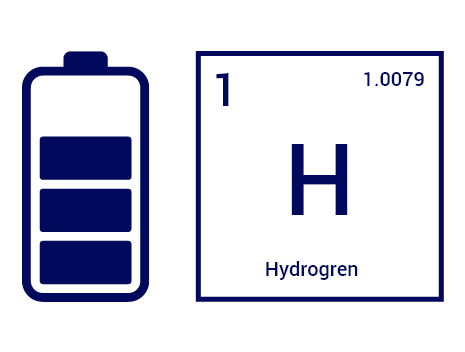
Fuel Cell
Similar to all-electric vehicles, fuel cell vehicles utilize electricity to drive an electric motor. The distinction lies in how they generate electricity. Fuel cell EVs produce electricity by utilizing hydrogen, eliminating the need for relying solely on a battery. This innovative approach results in a true zero-emission vehicle, as the only byproduct of the electricity generation process is water, making fuel cell EVs a greener and more eco-friendly option.
The Perks of Plugging In

Federal Tax Credit
Up to $7,500 federal rebate. Additional State Incentives may apply.

Local Savings
Numerous state, local utilities, and other entities provide supplementary incentives.

Low Maintenance
Electric vehicles (EVs) generally require less frequent maintenance and repairs compared to traditional internal combustion engine vehicles. This means less time spent at the service shop and more time enjoying the open road.

Charge at Home
Charge your electric vehicle conveniently at home, work, or at one of the rapidly increasing public charging stations available.

Fun to Drive
Electric motors deliver seamless and instant torque, resulting in smooth and exhilarating acceleration, providing a fun driving experience.

Electric Mode
Electric motors deliver seamless and instant torque, resulting in smooth and exhilarating acceleration, providing a fun driving experience.
Level 1 120 Volt:
- Ideal for drivers with short commuting distances, electric vehicles offer the convenience of charging approximately 2-5 miles of range per hour.
- Charge at any 3 prong outlet
Level 2 240 Volt:
- For faster charging at home, capable of adding approximately 10-20 miles of range per hour.
- These installations can be carried out by licensed electricians.
- Level 2 chargers are available at public charging stations nationwide, providing an efficient charging solution for electric vehicle owners on the go.
Level 3 DC Fast Charging:
- For the fastest charging while on the move, the optimal choice is using fast charging stations, which can provide approximately 60+ miles of range in just 20 minutes. These rapid charging stations offer a convenient and efficient way to quickly top up your electric vehicle's battery during long journeys, ensuring you can get back on the road with minimal downtime.
- Available at public charging stations only.
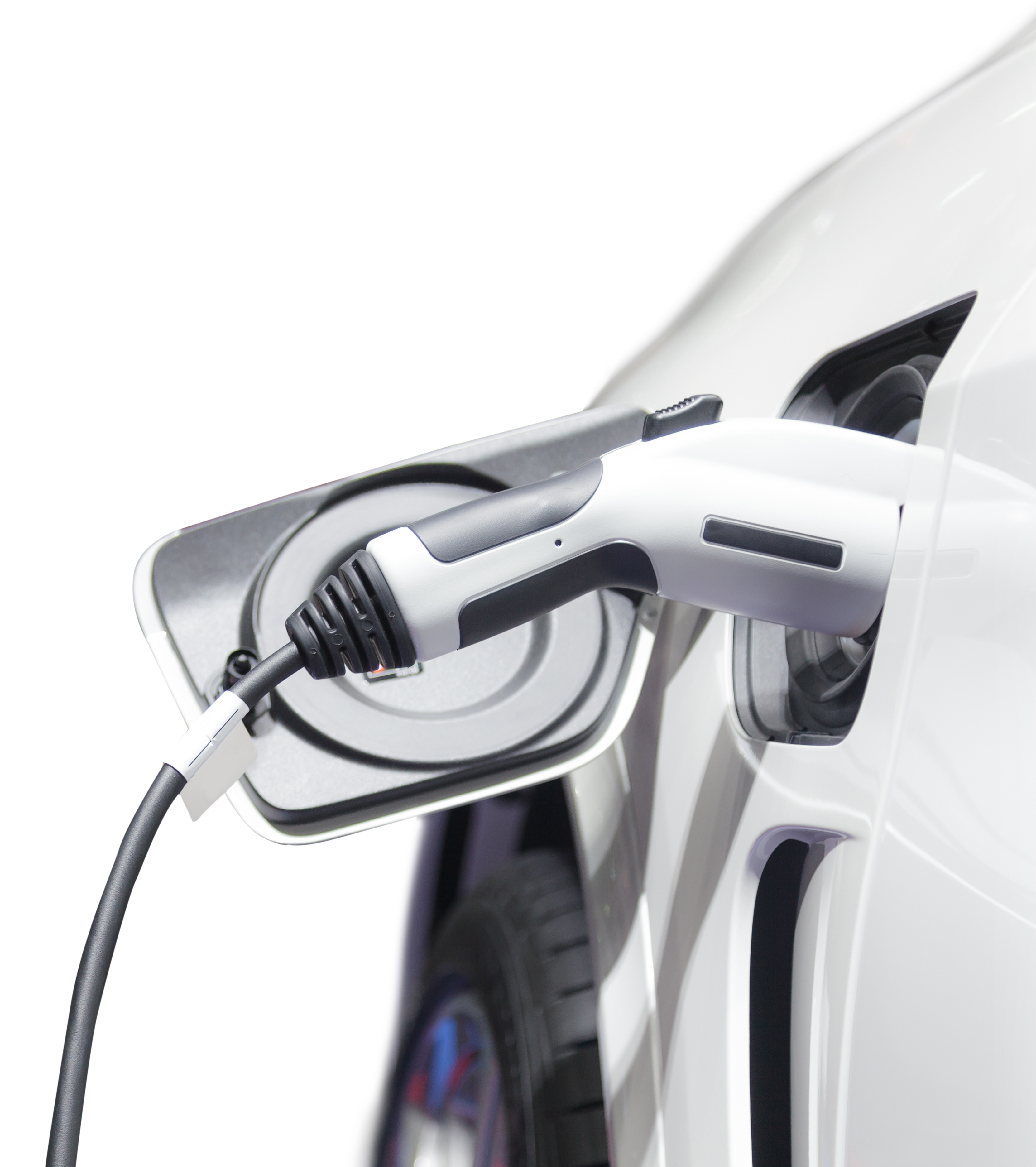
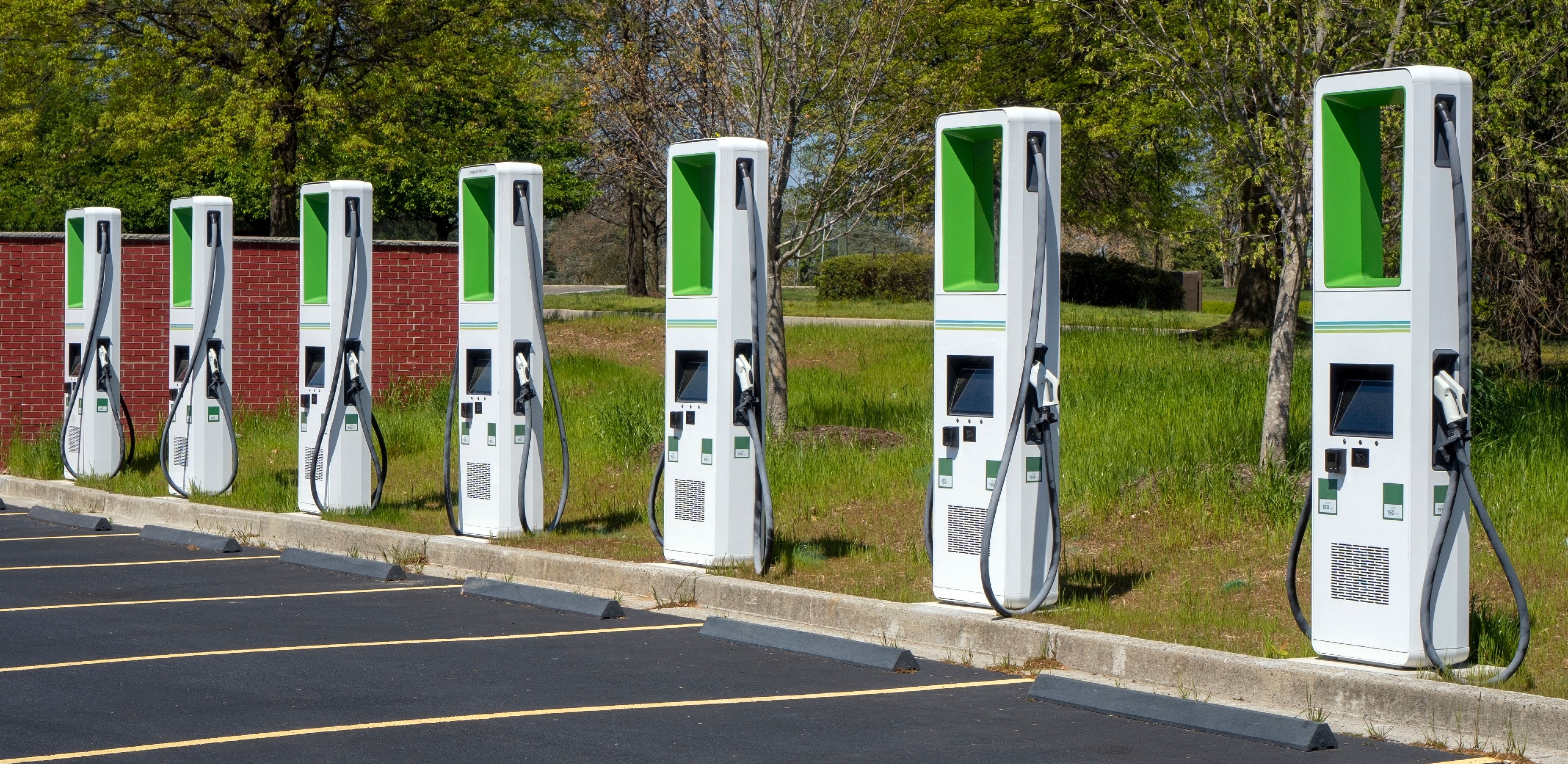
The typical lifespan of an electric car battery ranges from 10 to 20 years before requiring replacement. Many manufacturers provide a warranty of 10 years or 100,000 miles to ensure customer confidence. However, the longevity of the battery largely depends on how it is treated and maintained.
Here are some tips to help extend the life of your electric car battery:
- Extreme temperatures can impact the battery's range. To extend the battery's lifespan, it's beneficial to minimize prolonged exposure to very hot or cold temperatures.
- It is advisable to avoid fully depleting the battery. Maintaining the battery's range between 20% and 80% capacity promotes better efficiency.
- Indeed, avoiding excessive or prolonged charging can contribute to prolonging the battery's life expectancy.
Battery performance, life expectancy, and charging speed may differ based on any of the following factors:
- The type of charger
- The type of battery
- The make/model of the vehicle
- Lifetime maintenance of the battery
- Climate the vehicle endures
- General maintenance